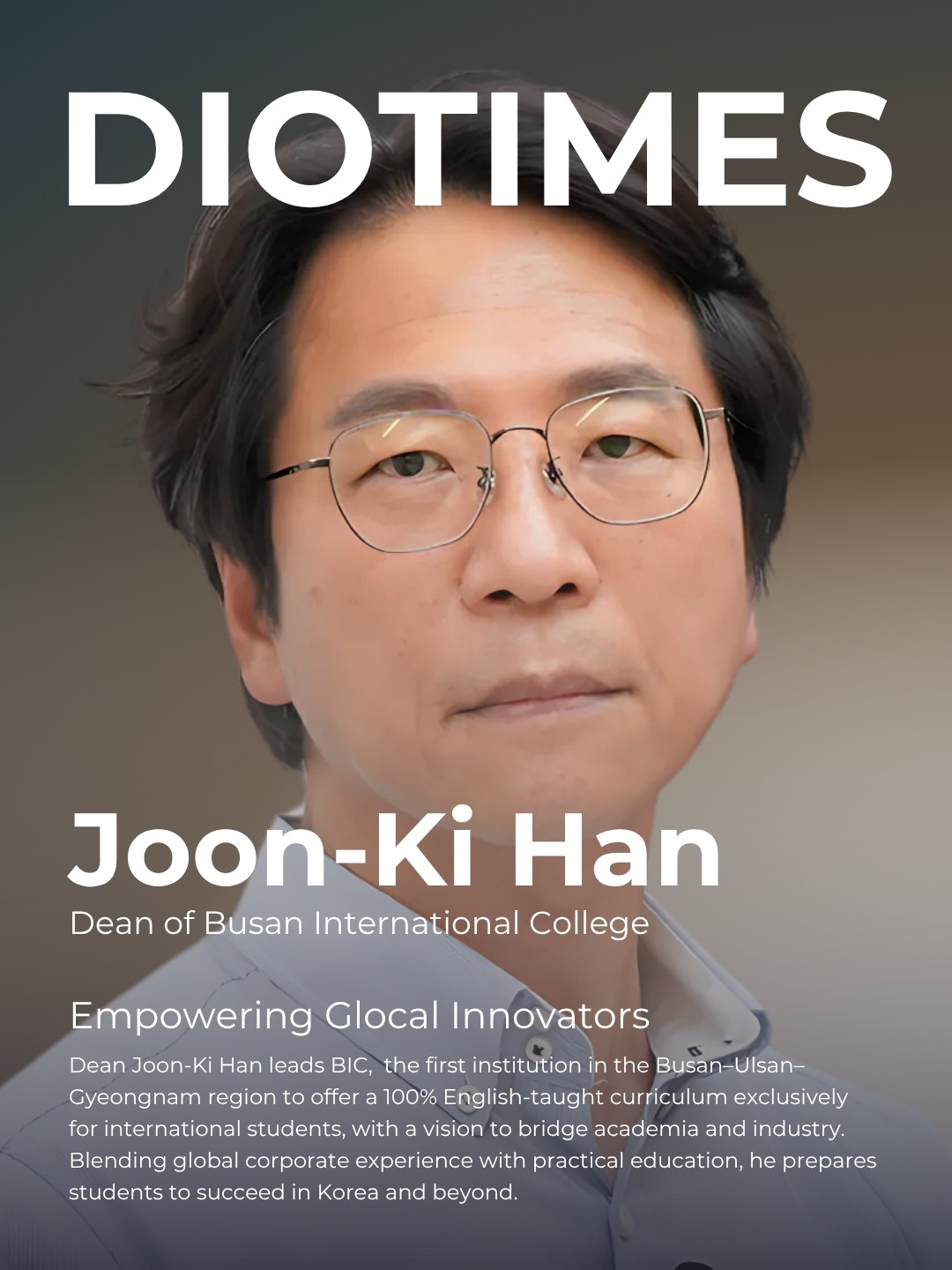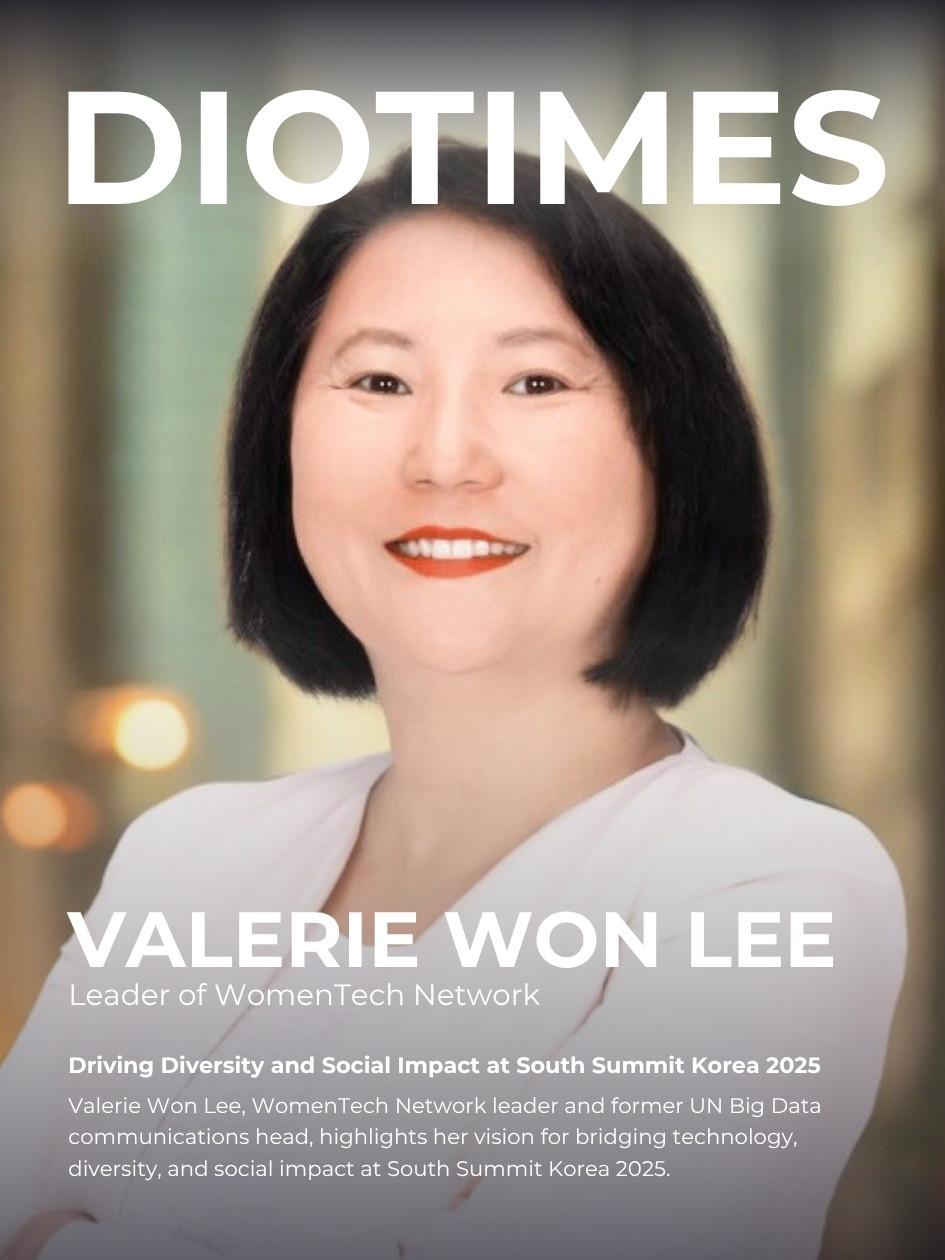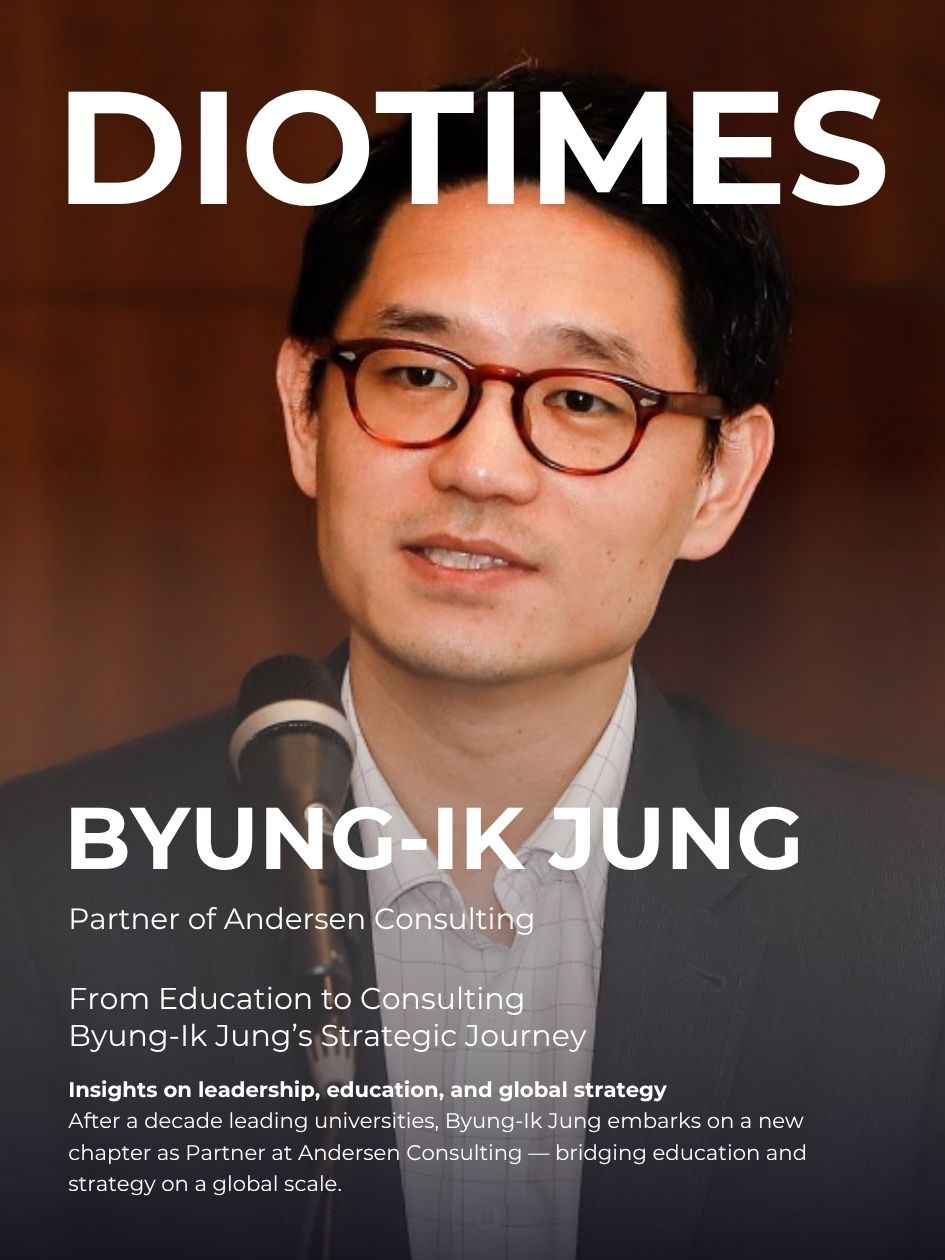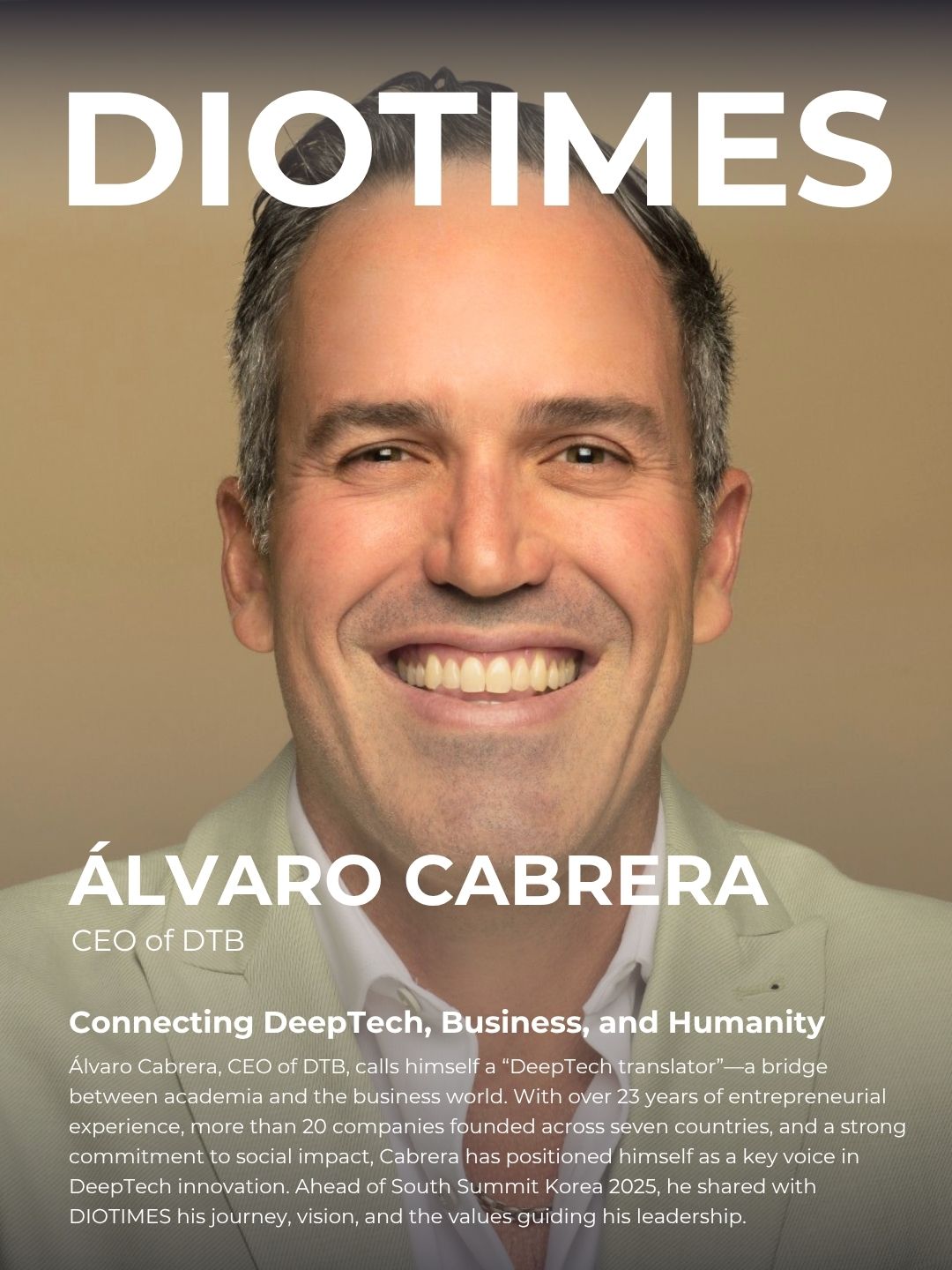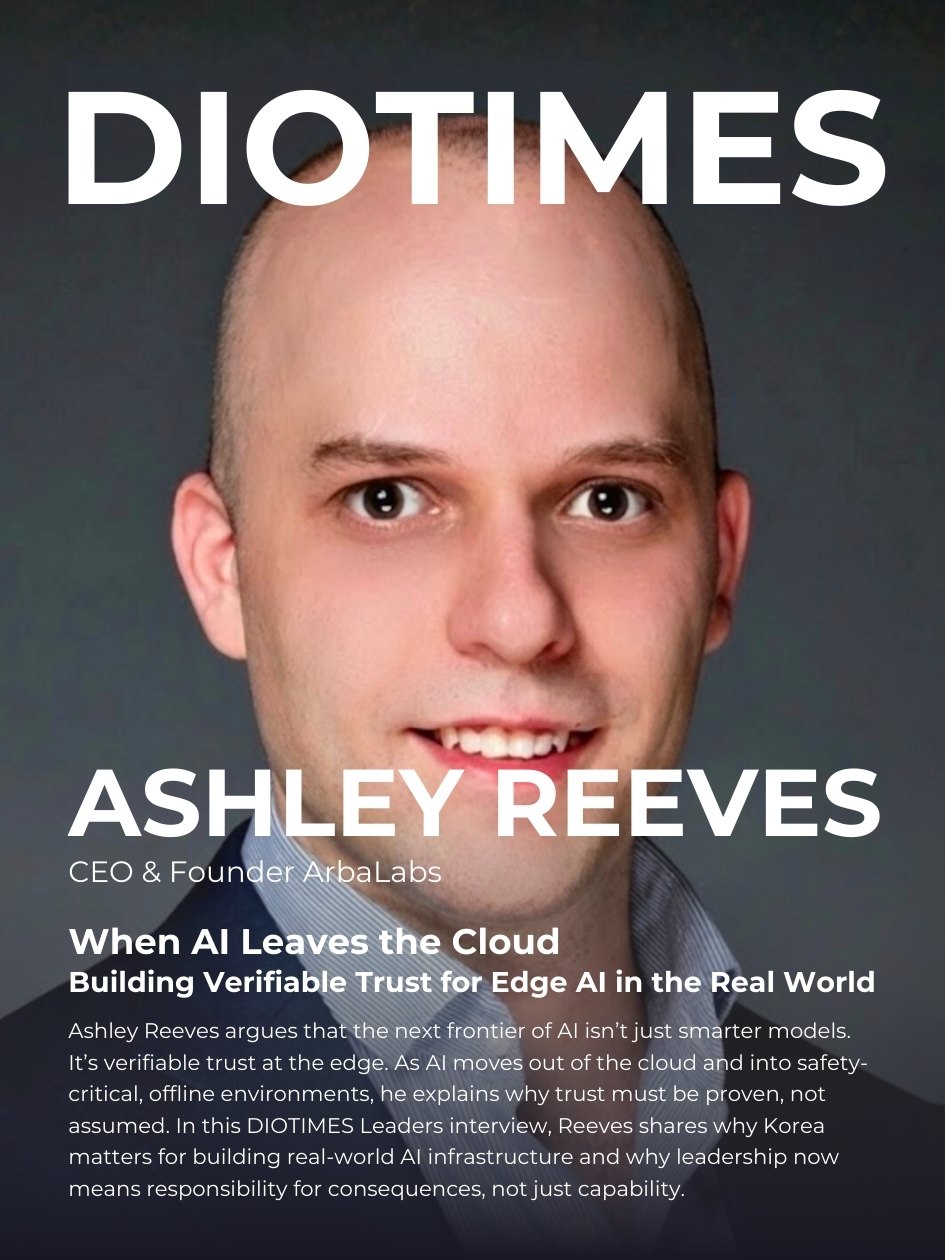Joon-Ki Han, Dean of BIC
Joon-Ki Han, the Dean of BUSAN INTERNATIONAL COLLEGE (BIC), is an HR expert who has served as the Chief Human Resources Officer (CHRO) at global companies such as Microsoft, eBay, and Cigna. He has also held the position of Career Development Director at SolBridge International School of Business. Currently, he serves as the Dean of BIC, a 100% English-track college for international students, affiliated with Tongmyong University.
BIC presents a new model of education that bridges global education and the local community. Dean Han, with his practical education philosophy and corporate experience, is developing an innovative educational vision.
Through an interview with DIOTIMES, we discussed the background and uniqueness of BIC’s establishment, its educational direction, global network strategy, and specific solutions for international students to thrive successfully in Korean society.
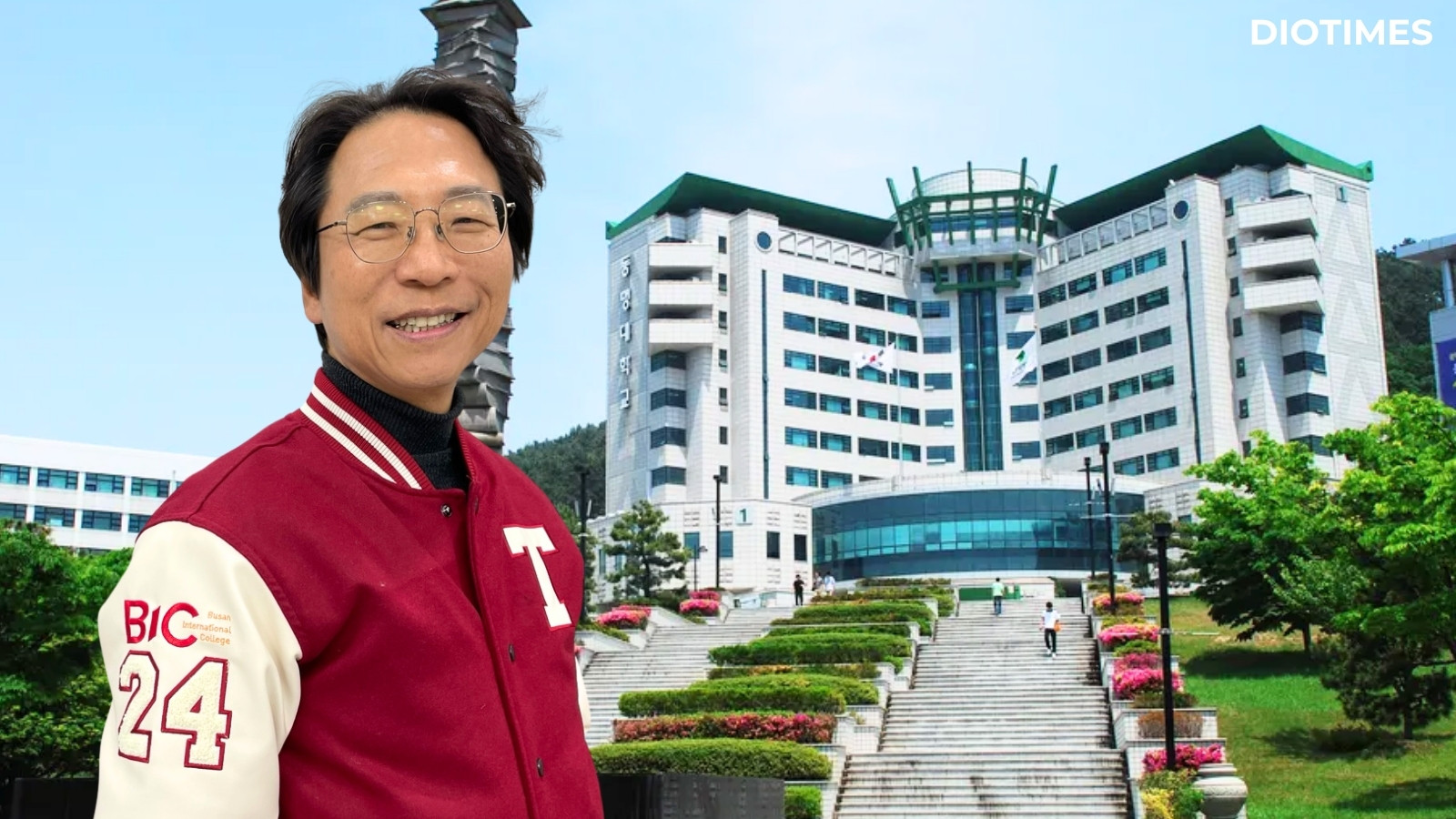
Joon-Ki Han, Dean of BIC
Congratulations on your appointment as the new Dean of BUSAN INTERNATIONAL COLLEGE (BIC). Could you share your thoughts on this new role and your aspirations as you begin this journey?
When I first joined Tongmyong University and its affiliate, Busan International College (BIC), about a year ago, I honestly had no expectations of taking on the role of Dean. I came with the mindset that I could contribute by supporting students—particularly international students—with career and entrepreneurship guidance through a variety of curricular and extracurricular programs. I also assumed I would simply teach a few practical courses in business administration, such as Leadership and Intercultural Communication.
Since then, a number of leadership changes and structural transformations have taken place within the university. Amidst these shifts, I found myself entrusted with this significant responsibility, and I must admit it does feel somewhat weighty. BIC originally positioned itself as the first business college in the Busan–Ulsan–Gyeongnam region dedicated entirely to international students, offering 100% English-taught programs. Today, our mission has expanded: not only do we help students settle into campus and local life, but we must also play an active role in supporting their career development after graduation.
To achieve this, we must build robust internal processes and governance based on true collaboration among key stakeholders. I’m currently developing strategic plans and task-specific actions to realize this vision—one step at a time.
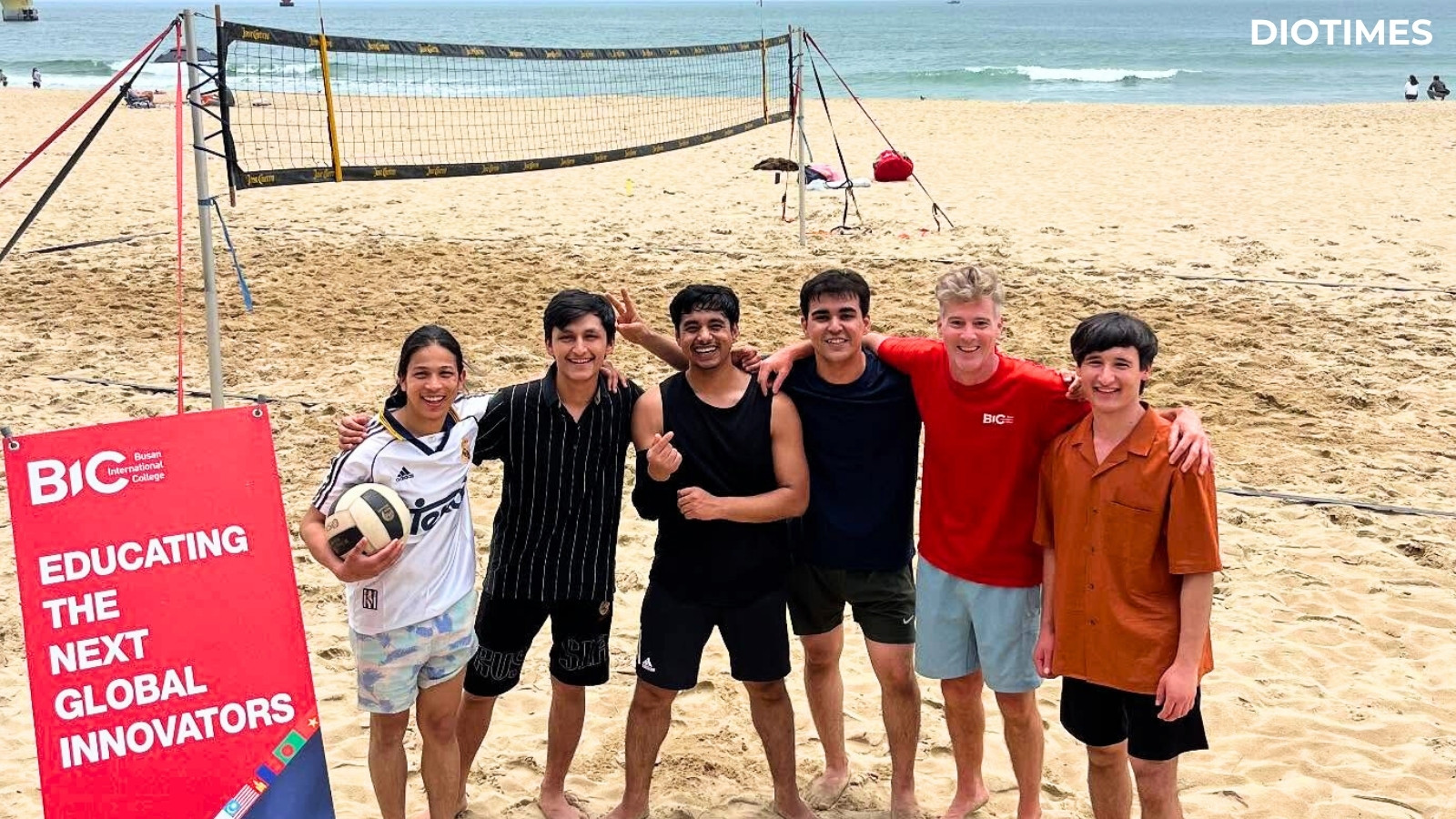
Beach Volleyball at Haeundae
You’ve served as CHRO at global companies like Microsoft, eBay, and Cigna, and worked as Director of Career Development at SolBridge International School of Business. How have these experiences shaped your leadership in education today?
Fundamentally, these experiences have been an incredible asset. They’ve equipped me with proven methodologies and a practical, interdisciplinary approach that transcends traditional academic boundaries. These tools help me guide students effectively, while also building strategic partnerships with local communities and industries.
On an operational level, my corporate background contributes to improving efficiency and effectiveness within the academic setting. That said, corporate best practices don’t always translate directly into academia. Successful benchmarking doesn’t guarantee success in every context. But ultimately, the end customer for our students—especially those educated in global environments—is society itself, and more specifically, the companies they will work for. From this perspective, companies are the future clients of both schools and students.
At Microsoft and other multinational firms I’ve worked for, a strong focus was always placed on understanding external customer needs and anticipating market changes—not just looking inward. Likewise, while I recognize the value in observing established academic models, I also believe it’s time for our students and institutions to align more closely with market realities and demands.
Whenever I teach or mentor students, I consistently emphasize this point: understanding the market, developing one’s skill set accordingly, and preparing to meet real-world expectations is no longer optional—it’s essential.
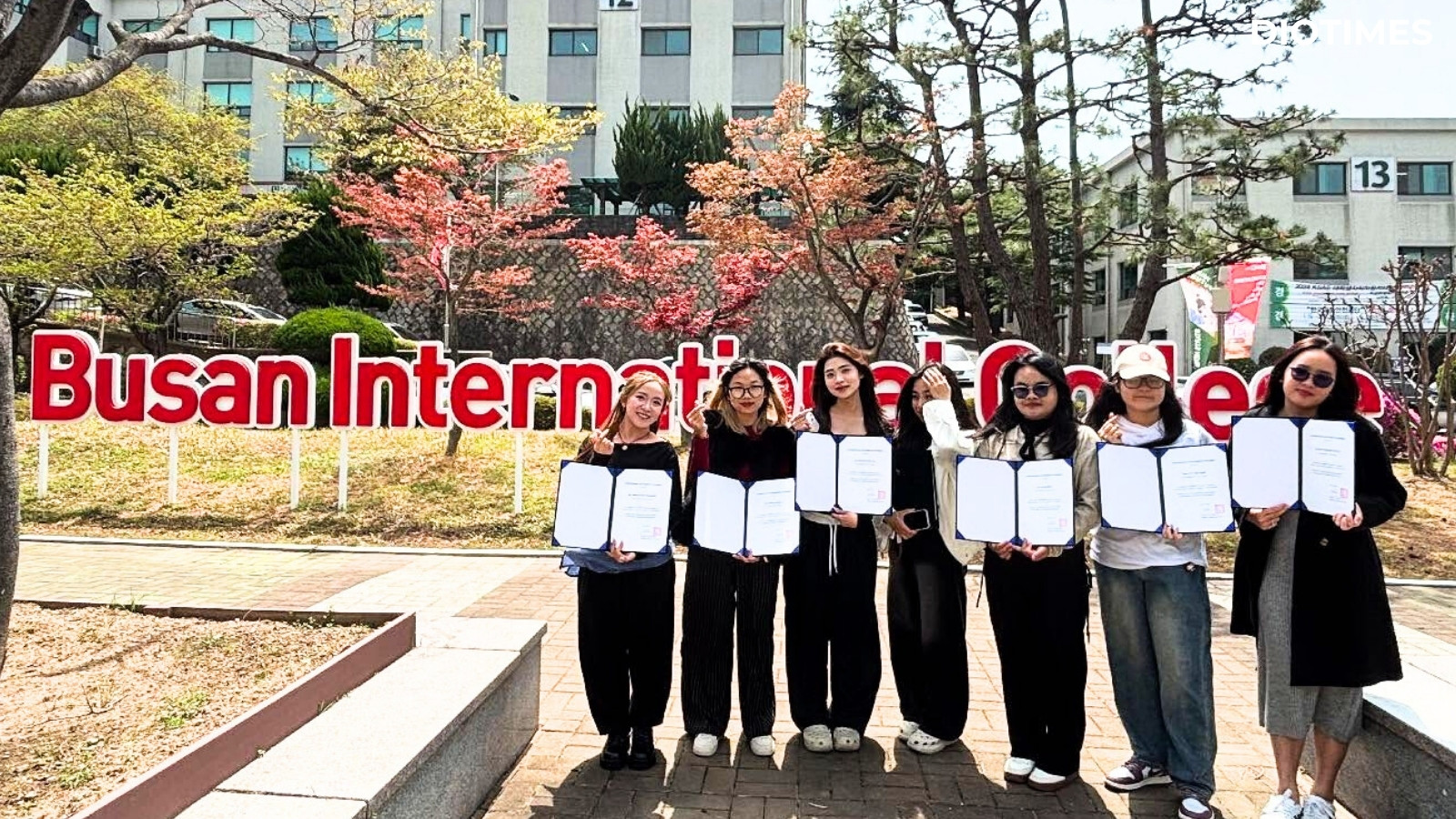
UEF students from Vietnam for Smart Business & Marketing exchange program
As an HR expert with extensive corporate experience, how has your perspective changed since entering the field of education—particularly in how you view people and organizations in the corporate and academic worlds?
This overlaps a bit with my previous answer. Despite both belonging to the same society, I’ve realized there’s a considerable gap in understanding between the corporate and academic sectors. At first, I often felt frustrated—many faculty and students seemed unaware of, or indifferent to, the realities they would soon face in the working world. It was disheartening to see such disconnects.
Over time, however, I came to understand that both sides need time, education, and exposure to better grasp each other. Schools and students—including myself—must learn more about how companies operate, just as companies need to better understand the value of educational institutions and the younger generation as a future talent pool.
This is especially true for small and medium-sized enterprises (SMEs) and regional businesses in Korea, which often struggle to attract talent. They need to take more interest in schools and international students. From my experiences working across a wide range of companies and regions globally, I can say confidently that higher education is truly a different world—and one that continues to challenge and surprise me. The need for change and adaptation is never-ending.
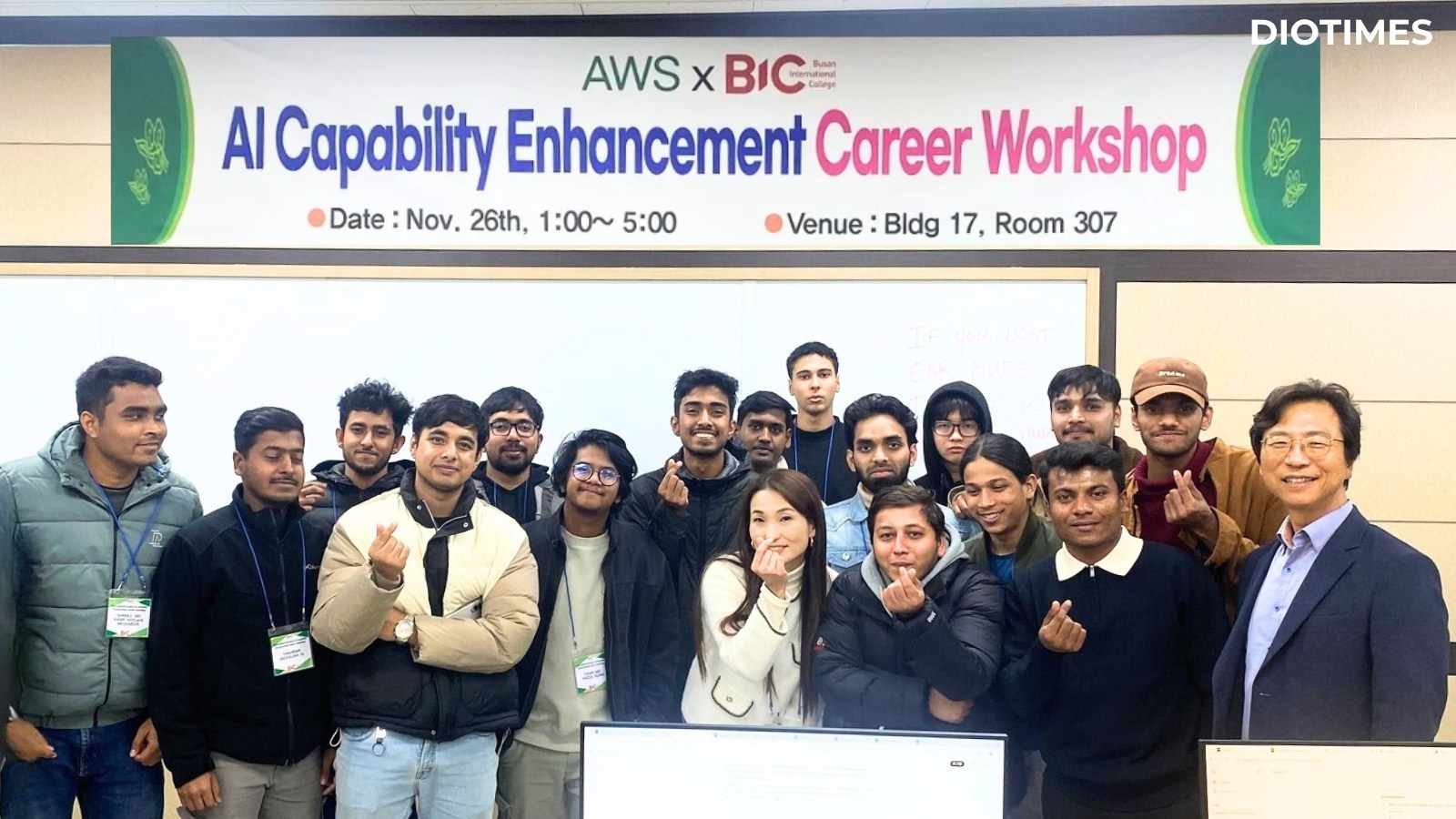
Career Workshop
What is your educational philosophy, and how is it reflected in the direction you’re taking BIC, especially as it offers fully English-taught programs for international students?
It may sound grand to call it a “philosophy,” but I’d sum it up with five principles: pragmatism, execution-focused competency development, a growth mindset, respect for diversity, and storytelling.
Rather than abstract or overly theoretical approaches, I focus on providing students with actionable, practical knowledge. I strongly encourage activity-based, hands-on learning rooted in each student’s core strengths. At the same time, I stress the importance of continuous growth—students should never stop learning, exploring, or developing their own style of progress.
Diversity is also a key value. Every student has a unique potential, and I strive to recognize and respect their individual paths and decisions. I emphasize that success doesn’t come from mimicking others—it comes from building your own story, one that’s original and true to you.
As for BIC, its educational direction aligns closely with my values, even if the language we use to describe them might differ. The guiding pillars of BIC are:
- A doer’s mindset (Do-Spirit)
- Ownership and collaboration
- Innovation and creative thinking
- A balance of data and storytelling (Numbers & Narratives)
A global perspective rooted in sustainability
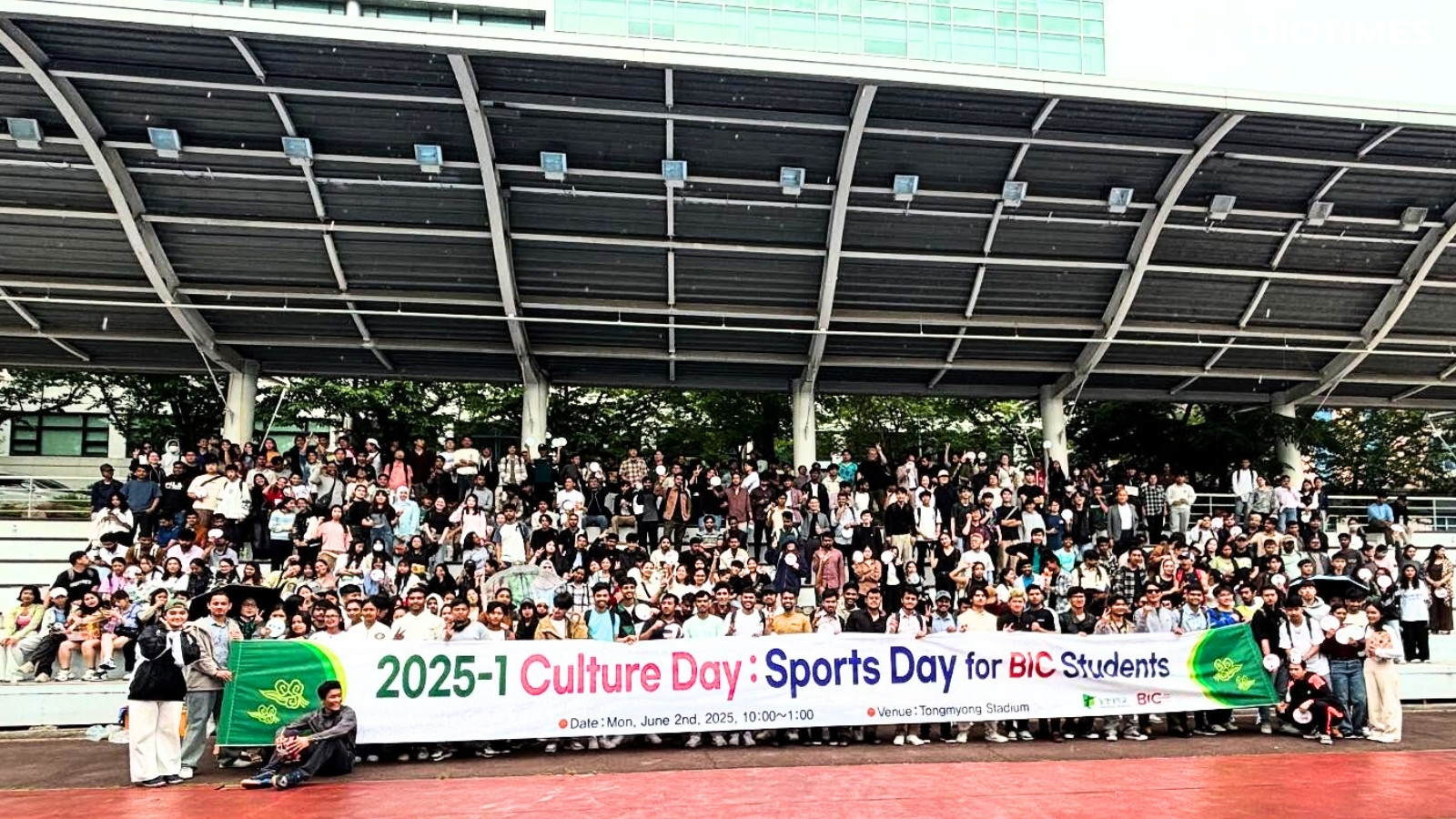
BIC Sports Day
BIC is an international college within Tongmyong University, primarily serving international students. What makes BIC unique?
On the surface, BIC is the first international business college in the Busan–Ulsan–Gyeongnam (BUK) region to offer 100% English-taught programs exclusively for international students. That in itself is symbolically significant. But our real distinction lies deeper: BIC is not just a collection of English-language programs—it is a college specifically designed from the ground up for international students.
Here are some of our core differentiators:
First, we are a “tailor-made” college for international students.
Unlike the traditional model where foreign students must adapt to a Korean-dominated environment, BIC’s curriculum, administration, and student services are all designed with international students’ academic success, daily life, and career development in mind.
Second, we offer practice-based, globally focused business education.
Rather than emphasizing theoretical knowledge, our programs equip students with the practical skills needed to thrive in global business environments. We focus on key areas like international business, logistics, and digital finance, leveraging Busan’s unique geographic advantage as a hub of ports, trade, and commerce.
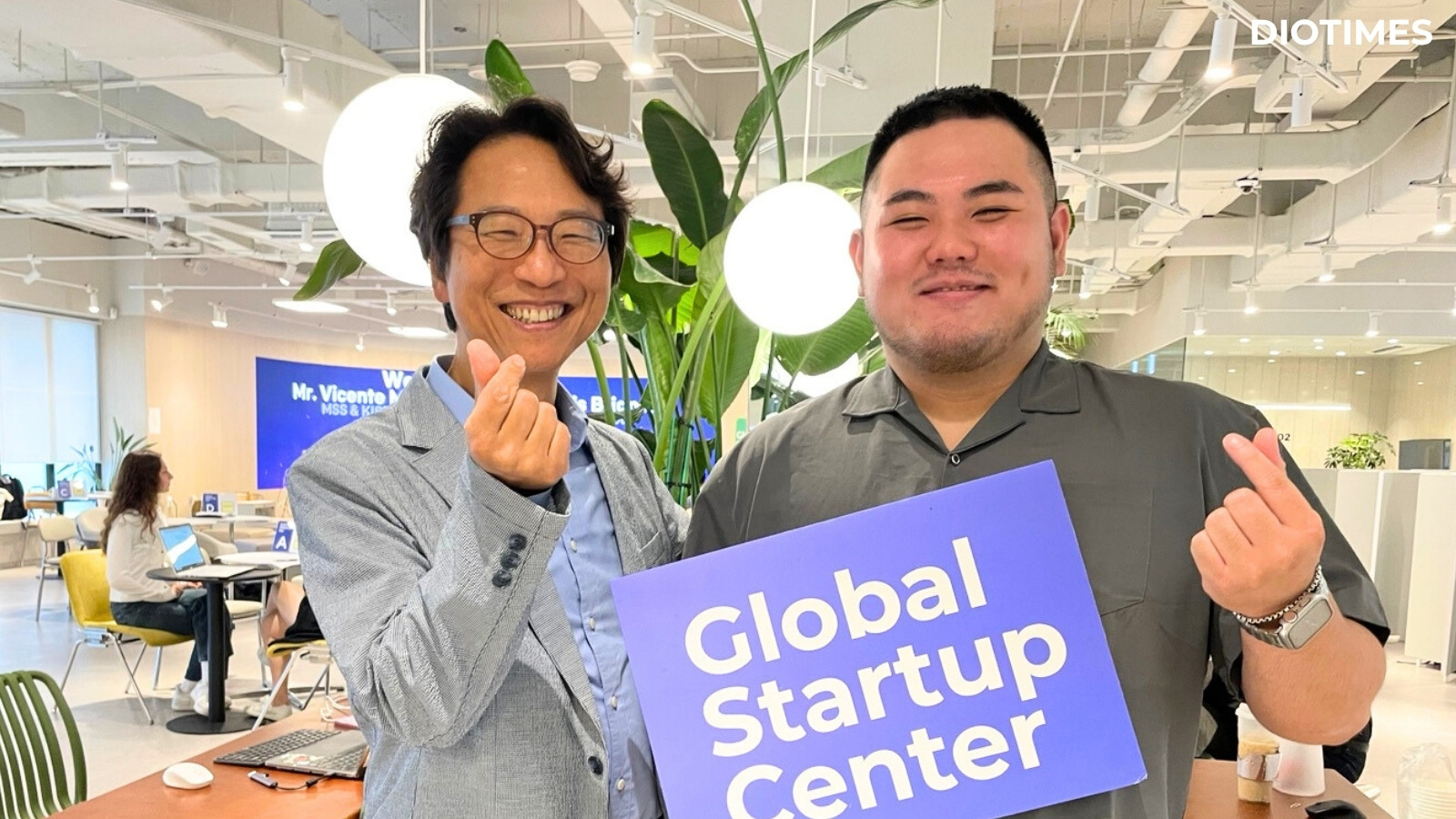
Global Startup Center
Third, we operate a comprehensive “Total Care” support system for students.
Our standout feature is holistic support that goes beyond academics. We offer one-stop onboarding services from airport pickup to visa assistance and dormitory placement. Our Academic Advising Professor system provides regular mentoring on academic and cultural matters. Starting Fall 2025, we plan to expand this system to offer even more support. We also provide mental health and career counseling, and organize campus- and community-based integration programs such as BIC Culture Day, Sports Day, company visits, and local cultural festivals.
Fourth, we offer Korean language and culture education in parallel.
While all major classes are taught in English, we provide structured Korean language and culture programs to help students integrate into Korean society and prepare for potential employment in Korea. Our aim is to cultivate bilingual, globally-minded professionals.
Fifth, we offer a truly international learning environment.
With diverse faculty and students from all over the world, our campus is naturally multicultural, creating opportunities for global networking and deeper intercultural understanding.
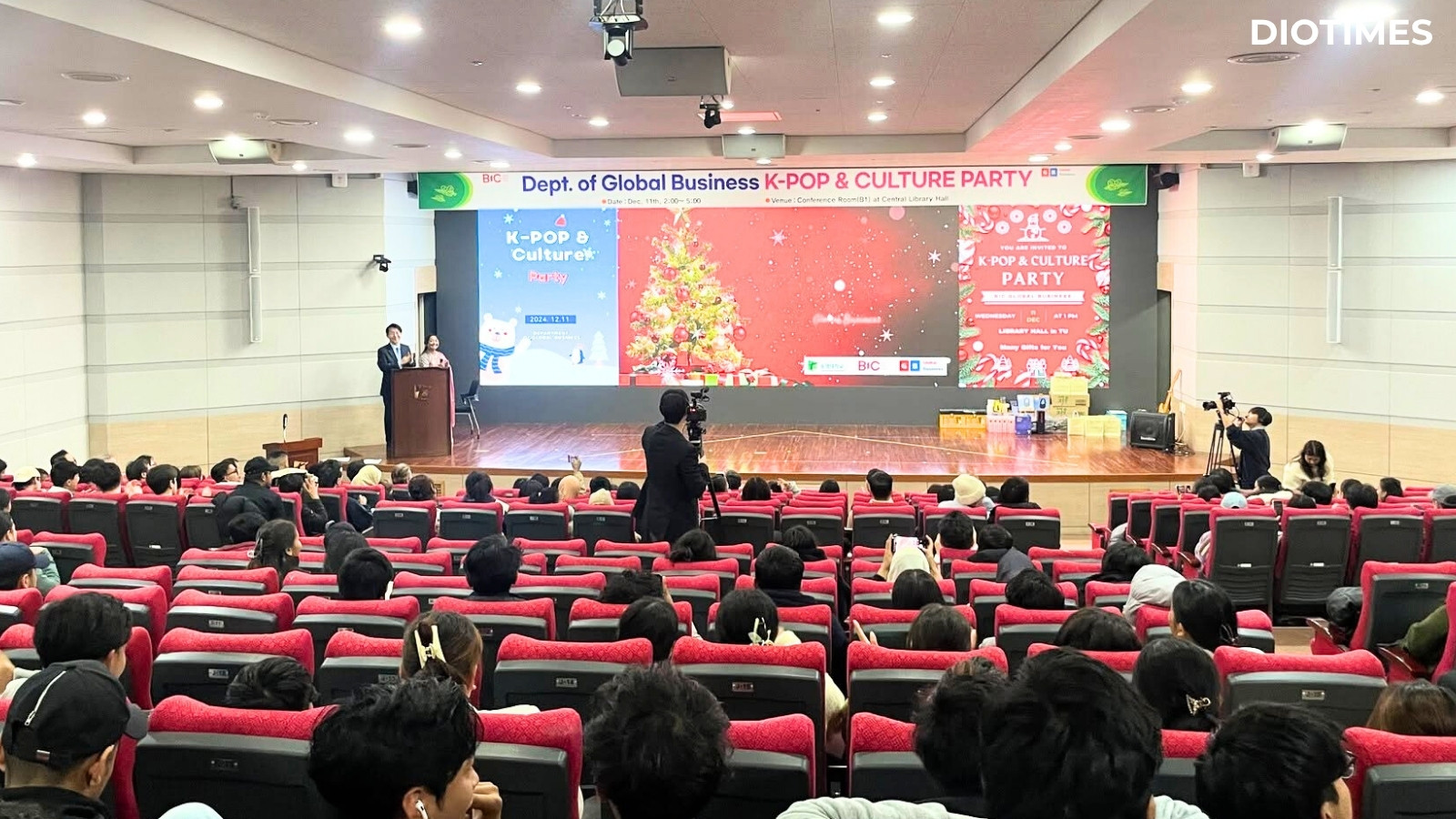
K-Pop & Culture party
Could you elaborate on BIC’s curriculum and operational structure, especially since all classes are conducted in English?
BIC was established with the vision of “Educating the Next Global Innovators.” The college focuses on three academic domains—Management, Technology, and Content—and offers 100% English-instructed programs.
Our curriculum and operational approach revolve around two pillars: full English immersion and practical skill development.
1) 100% English Instruction and Communication
All lectures, discussions, assignments, and exams—whether in general education or major courses—are conducted entirely in English.
2) Curriculum Structure
We currently offer seven majors: Global Business, AI & Computer Engineering, Information Systems & Security, Mechatronics Engineering, Global Korean Studies, Tech Management & Innovation, and Culture & Design Management. Multinational faculty members teach students from around the globe, with a strong emphasis on real-world application.
At BIC, we promote Teaching Innovation. Full-time faculty members implement action learning, flipped learning (pre-study + class discussion), and project-based learning (PBL) using real-world cases. In addition, our adjunct faculty includes professionals from top global companies like Amazon, Google, Samsung, and others. I also incorporate management practices acquired from my time at Microsoft, eBay, Cigna, Beiersdorf, and Diageo into my own teaching.
Students are also required to take CIC (Core Innovation Courses), which cover:
- Problem Solving: Critical & Creative Thinking
- Leadership
- Communication & Collaboration
- Diversity
- Global Citizenship & Sustainability
We run customized capstone design projects in collaboration with multinational companies, and in their final year, students participate in co-op programs with Busan’s “Hidden Champion” enterprises. These experiences not only help international students settle into Korean industry but also contribute to the globalization of local businesses.
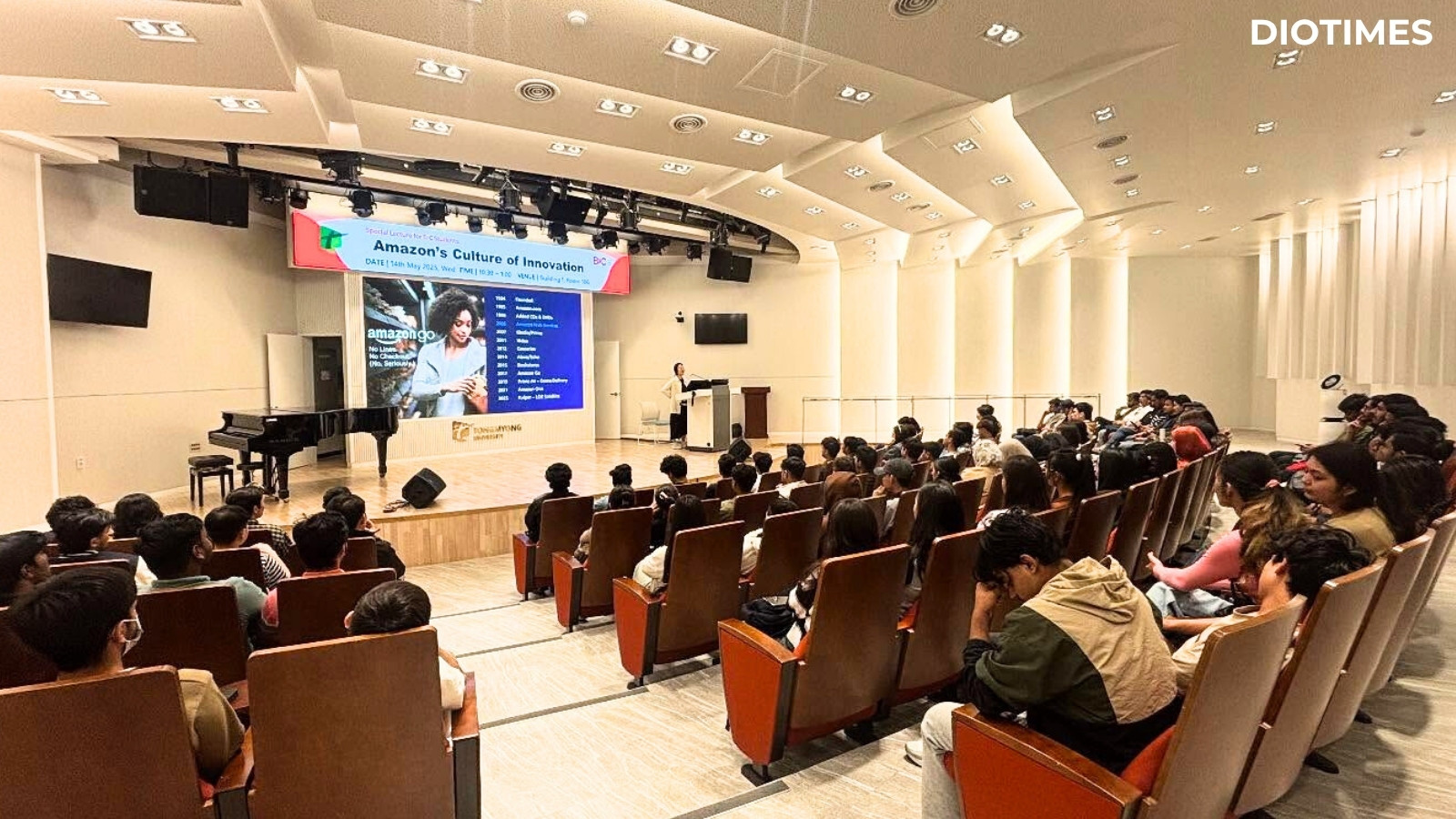
Career Workshop
3) Operational Characteristics
- Small class sizes and discussion-based instruction: Classes are designed to promote active participation through discussions, presentations, and team projects. Small class sizes allow for strong professor-student interaction.
- Guest lectures and site visits: We regularly invite experts from global and regional companies for guest lectures and offer site visits to give students firsthand industry exposure.
- Flexible academic policies: To accommodate international students, we offer more lenient academic probation and dismissal standards and expanded retake options to ensure students can continue their studies.
In addition, Korean language courses are available as electives (e.g., “Understanding Korean,” “Korean Expression”) to help students adjust to Korean life and culture.
In summary, BIC balances humanities-focused majors (Global Business, Global Korean Studies, Tech Management & Innovation, Culture & Design Management) with STEM majors (AI & Computer Engineering, Information Systems & Security, Mechanical & Automotive Engineering). BIC is a truly unique institution: a global business school designed by and for international students—where they can receive practical, industry-ready education, learn Korean language and culture, and grow into global professionals who connect Korea with the world.
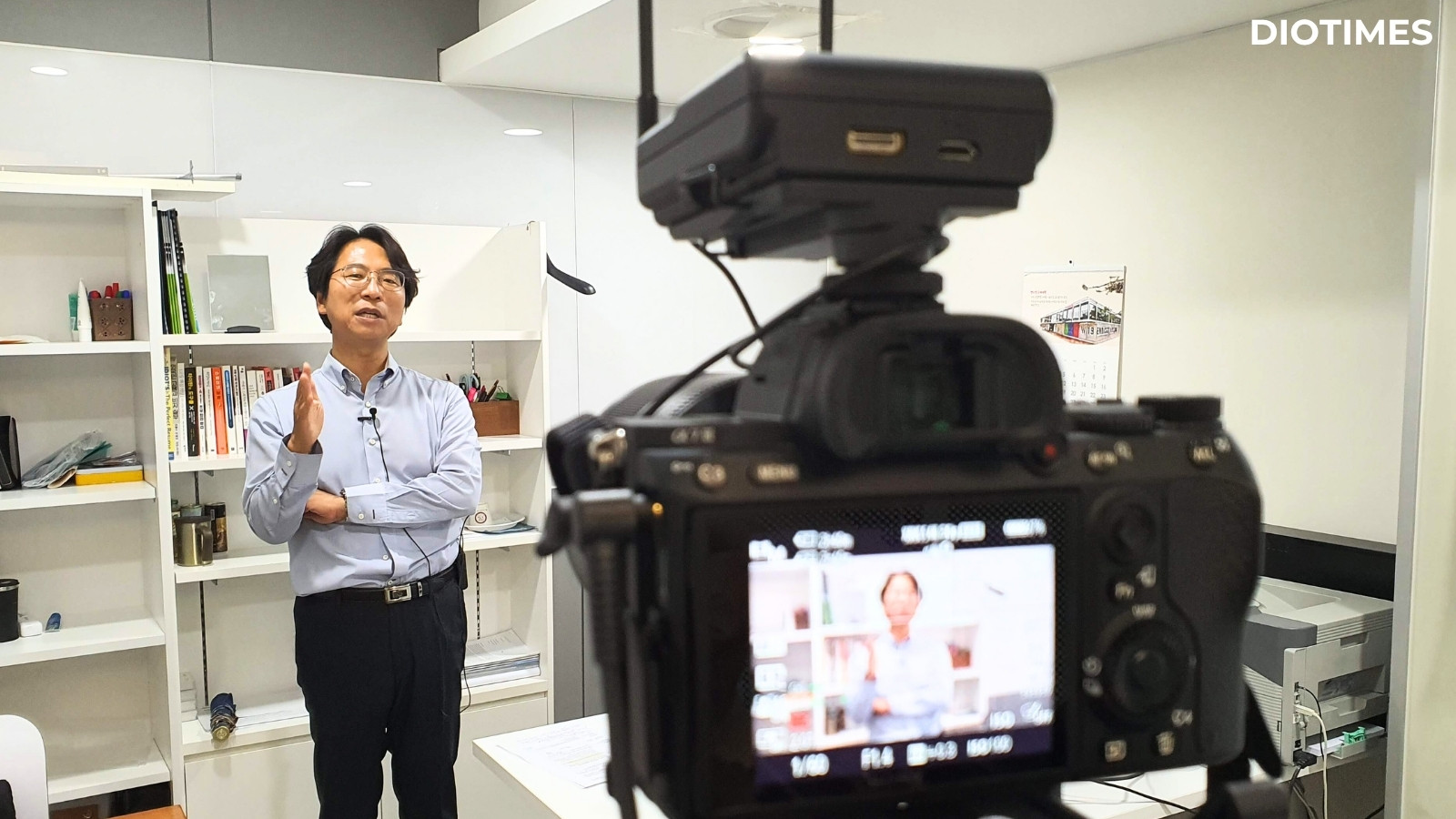
Joon-Ki Han, Dean of BIC
Do you have any plans or initiatives for building global partnerships with foreign universities, international organizations, or global companies?
While BIC is still young, we are actively building networks with institutions in regions that are relatively underserved by the global education market—particularly those in Southeast Asia, South Asia, and Africa. Recently, we’ve increased our focus on attracting students from Indonesia, Vietnam, India, and parts of Africa.
One major initiative is the upcoming 2025 WURI (World University Rankings for Innovation) Global Conference, which will be held at the BIC campus from September 24 to 26. Over 300 key university stakeholders—including presidents and vice-presidents from 70+ institutions—will attend this three-day event to explore joint research, exchange programs, and dual degree opportunities.
This conference is expected to significantly enhance BIC’s global network. I also maintain individual partnerships with educational institutions in China, Vietnam, and Indonesia, and I will represent BIC at the WURI conference to introduce collaborative programs developed with local governments and industries.
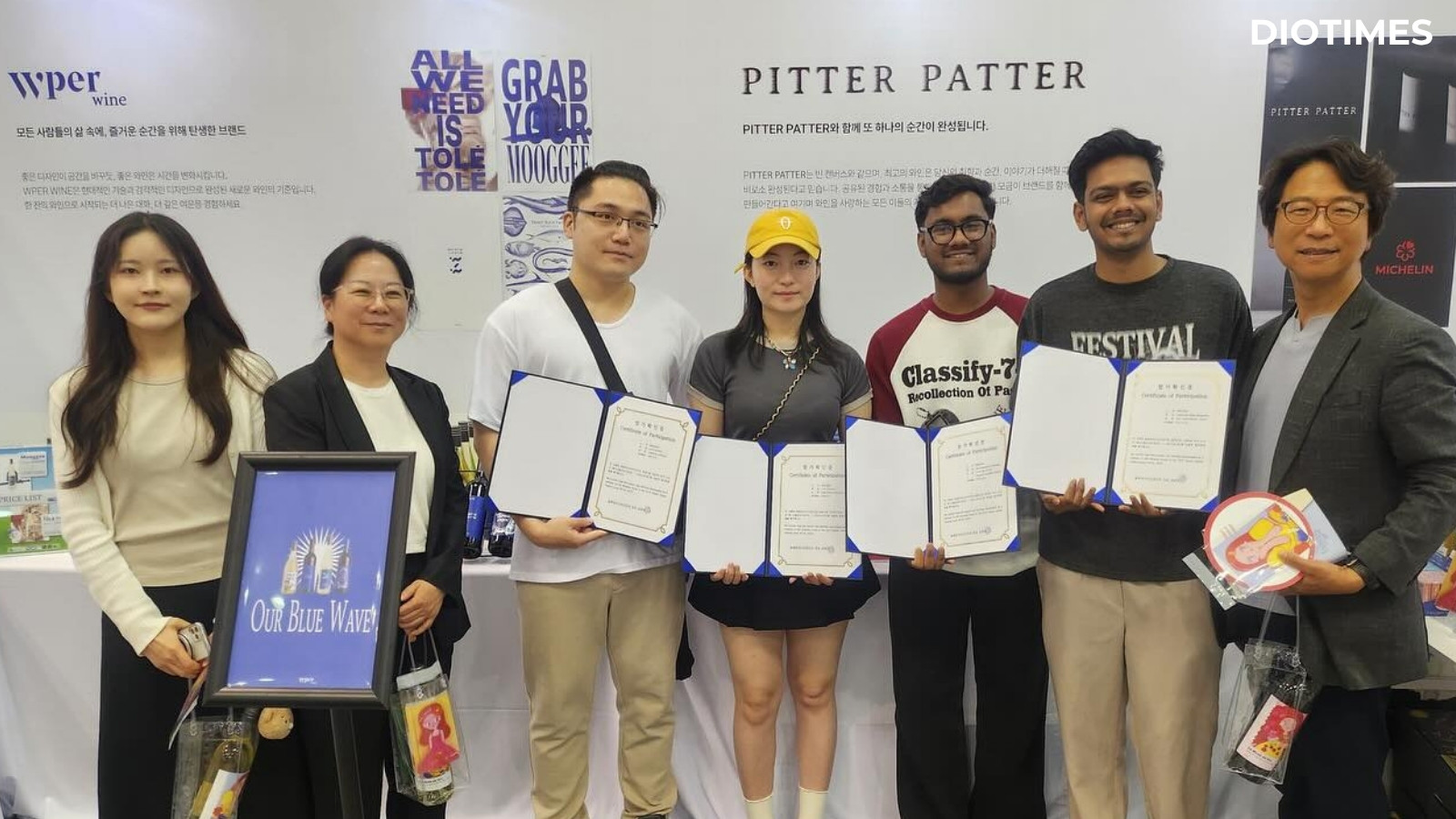
Busan Design Festival
Based on your previous role leading career development at SolBridge, what kind of career services are you planning to provide BIC students?
SolBridge is arguably one of the most successful internationalization models among private universities outside Seoul. My experiences there definitely influenced my journey to BIC. At SolBridge, we supported students through five main career tracks: Global Employment, Domestic Employment, Dual Degree, Graduate School, and Entrepreneurship.
While we can’t apply that model to BIC wholesale, we are currently building a more tailored system. My vision includes:
- Customized career services based on student competencies and career goals
- Regional co-development programs with local businesses
- Programs to strengthen entrepreneurial capabilities such as market analysis and business model development
- In-depth career counseling through multicultural faculty mentors
- Projects for community integration and talent re-export to students’ home countries or third countries
These are not just ideas—I’m actively working to implement each of them step by step.
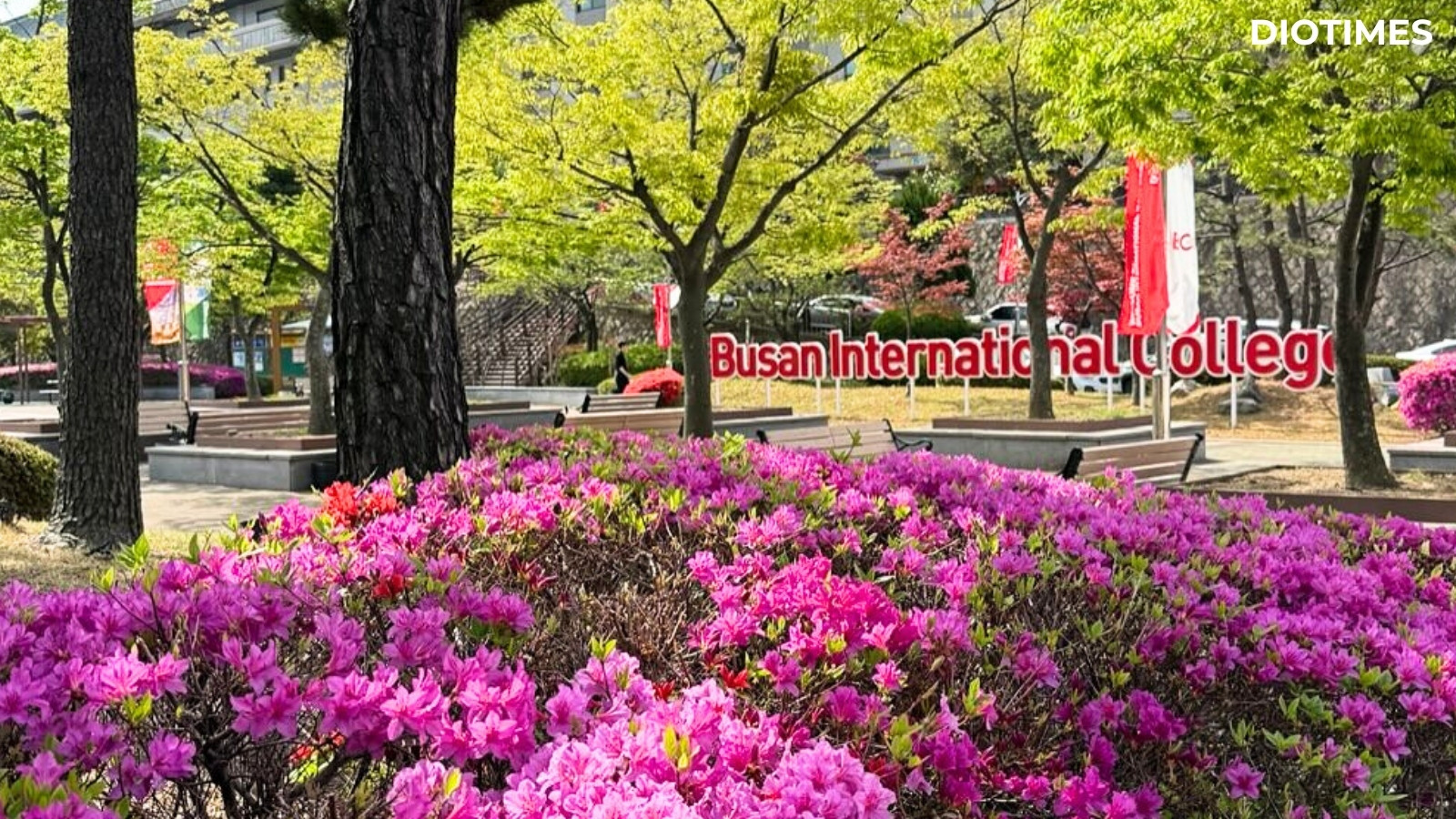
BIC Campus
In your view, what kind of support is most crucial for helping international students successfully adapt to life in Korea and plan their careers?
Rather than just showcasing programs that look good on paper, we believe in consistently designing and delivering support systems that truly help students—and ensuring that as many of them as possible can actually benefit from these services. That, I believe, is the most important role we play.
Of course, this is easier said than done, especially at universities located outside the capital region. Still, while institutions like ours must provide significant support, the students themselves also have a responsibility. They must invest intentional time and effort into understanding the Korean language, Korean culture, and how Korean companies operate. Fortunately, the financial investment required is minimal—most of what’s needed is time and engagement.
We do offer foundational programs in all three areas, particularly in corporate understanding. Compared to other schools, we provide much more practical and in-depth training in what companies are really looking for in new hires. But it’s still up to the students to step into those programs and make the effort.
Personally, I am committed to three key promises in supporting our students:
First, I will never allow students to say, “BIC has no quality career support system.” To date, I’ve never heard this complaint—and I intend to keep it that way.
Second, we are committed to providing useful information and making every effort to connect students with companies.
Third, when students need specific, personal guidance, we make sure they receive tailored mentoring and coaching support.
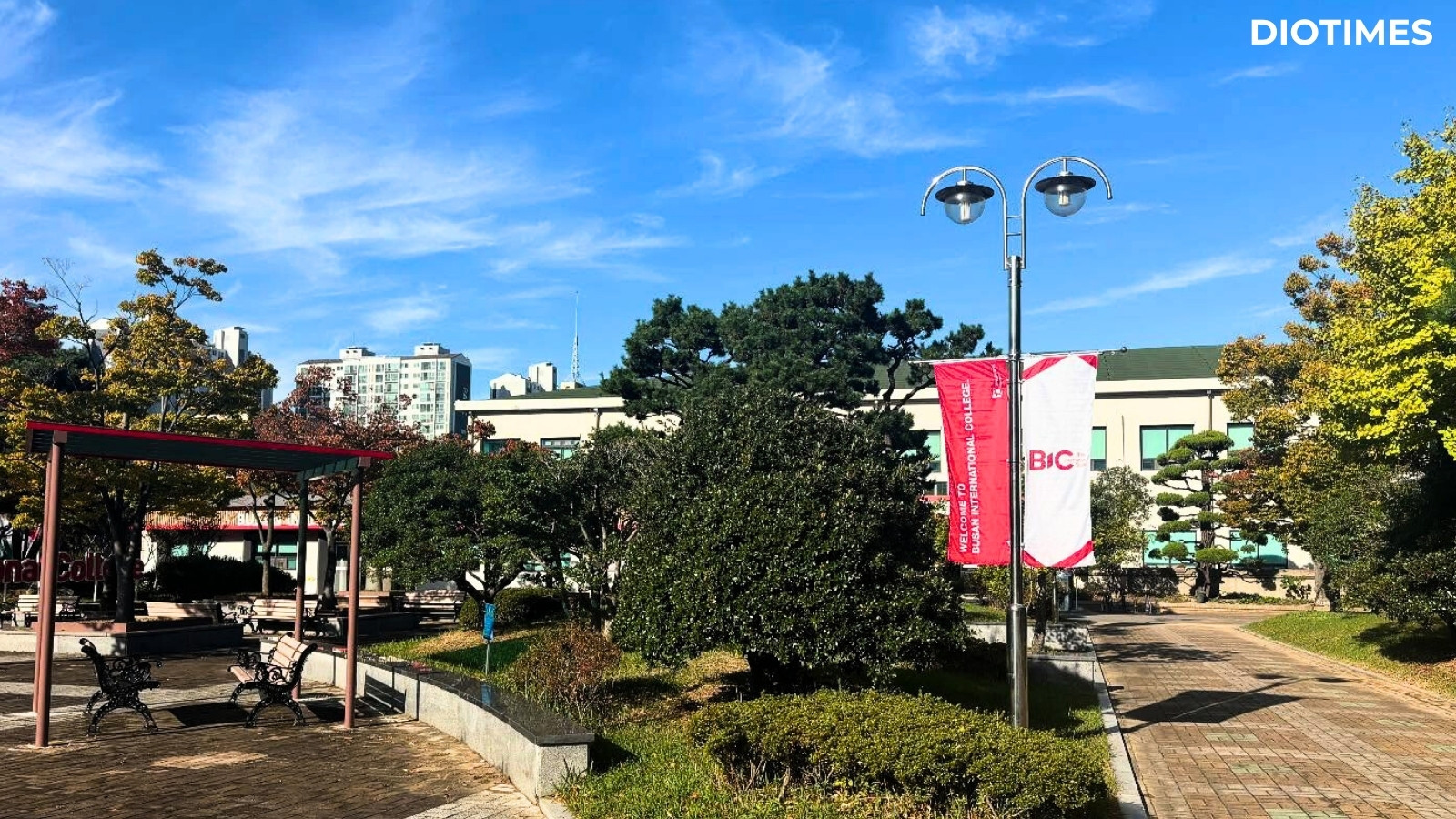
BIC Campus
Between the identity of Busan as a regional city and BIC’s vision as a global university, what role do you think BIC can play?
There is indeed a gap between Busan’s regional context and the ambitions of becoming a truly global university. But I believe BIC can play a meaningful role in bridging that gap—even if it starts small.
For one, we can contribute to Busan’s resurgence as Korea’s second city, showcasing a new model that challenges the centralization around Seoul. We can also demonstrate that creating a globally-oriented business school outside the capital is not only possible but also valuable.
If we can prove to other institutions that these efforts are viable, we may become a model of what a bold, regionally-rooted, globally-aspiring college can achieve.
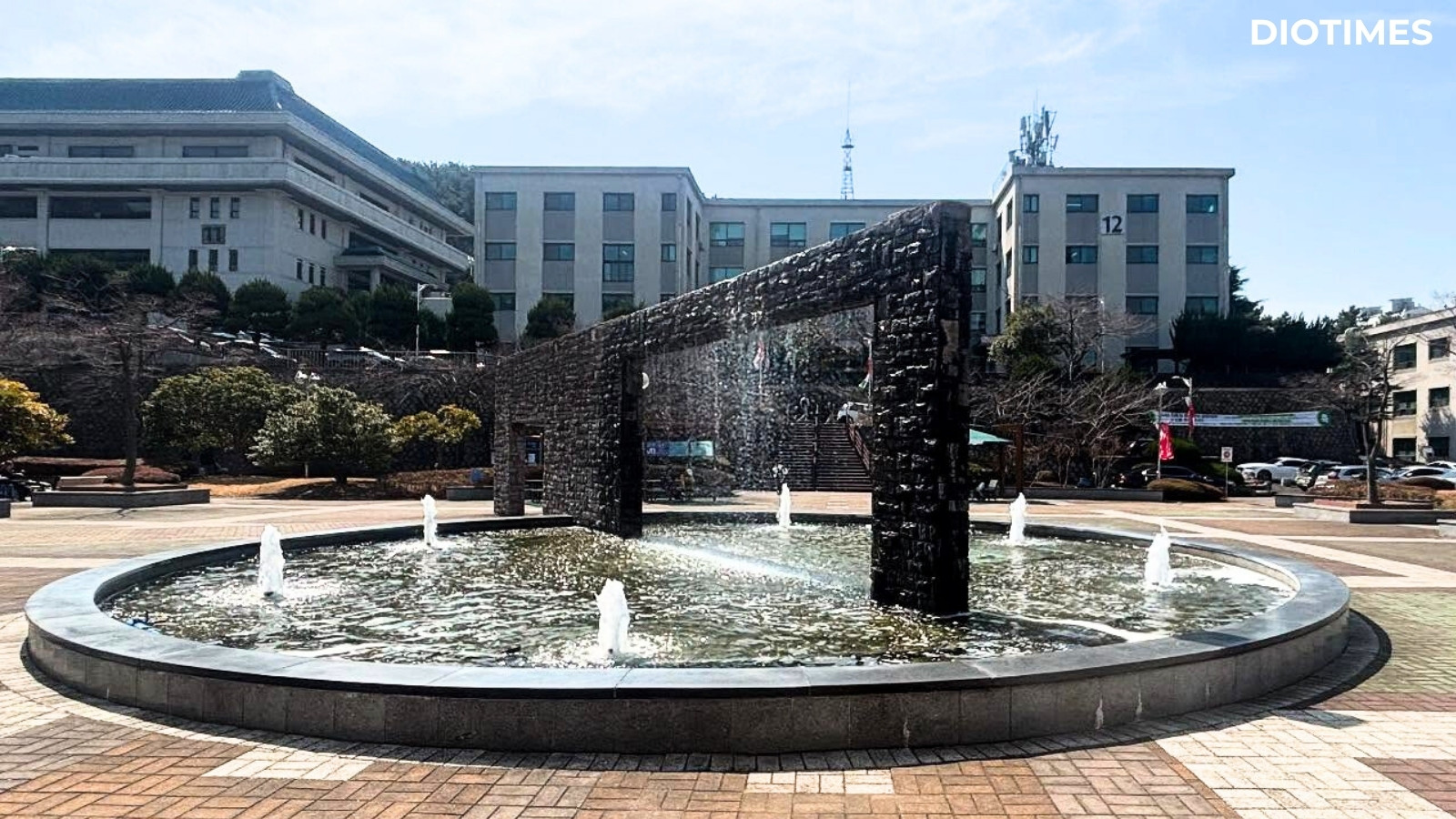
BIC Campus
Do you have a strategy to help BIC students transition into society by building stronger ties with local industries and communities?
A key example is our recent selection by Korea’s Ministry of SMEs and Startups as an official operator of the Global Talent Employment-Leading University Program. This designation recognizes universities that are actively preparing international students for post-graduation employment in Korea.
As you may know, many regional cities in Korea face a steep decline in school-aged population and an exodus of young people to the capital. This has left local SMEs in a serious labor crisis. One of the most realistic and immediate solutions is the inclusion of international students into the regional workforce.
Recently, more international students are enrolling in both capital and regional cities. However, while many institutions succeed in attracting them, only a handful actually prepare them for life and careers after graduation.
That’s why the ministry and the Korea SMEs and Startups Agency selected just 10 universities—among 332 institutions nationwide—based on strict vetting. Tongmyong University, led by BIC, was one of them. This means BIC ranks roughly in the top 3% of Korean universities in terms of career readiness programs for international students.
This program focuses on the collaboration between local government, industries, and academia. It includes:
- Basic job training
- Company visits
- Public contests and competitions
- Industry-academia networking events
- Internships
- Global job-matching festivals
All of these initiatives aim to develop foreign professionals who can contribute to regional businesses and ultimately build sustainable careers in Korea.
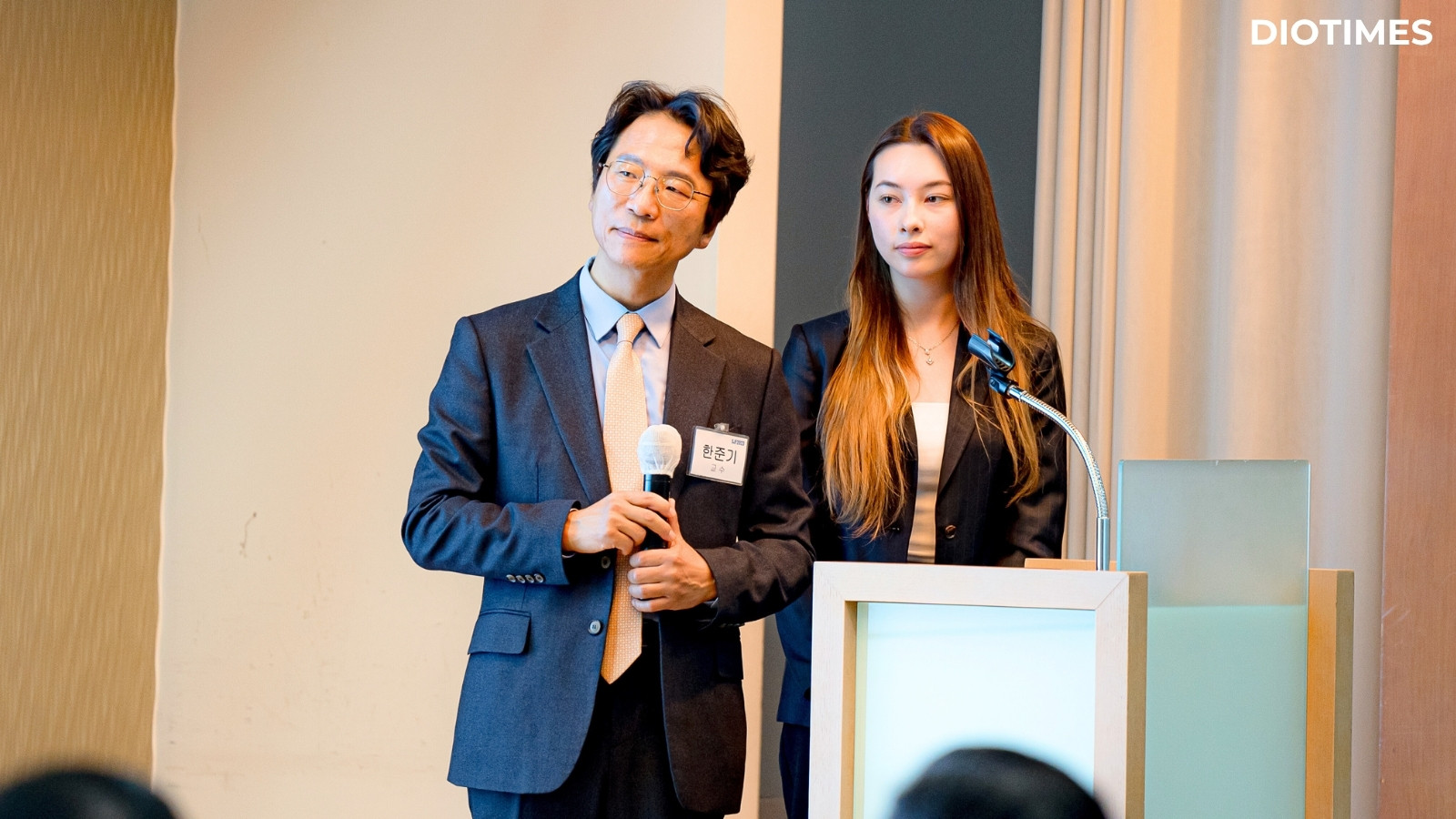
Joon-Ki Han, Dean of BIC
Was there a particular turning point in your life that led you to become an educator?
I wouldn’t say there was a dramatic turning point. It was more of a gradual journey—step by step, I kept moving forward, doing my best in each role I was given.
I’ve always enjoyed exploring new ideas, sharing knowledge, and structuring thoughts in a way that others can understand. One day, I was invited to give a guest lecture at a university. That one lecture turned into two, then three, and eventually I was asked to become an adjunct professor. I accepted, and over time, I was offered the opportunity to become a full-time faculty member.
In that sense, education wasn’t a sudden career switch—it was a natural evolution rooted in the things I already loved doing.
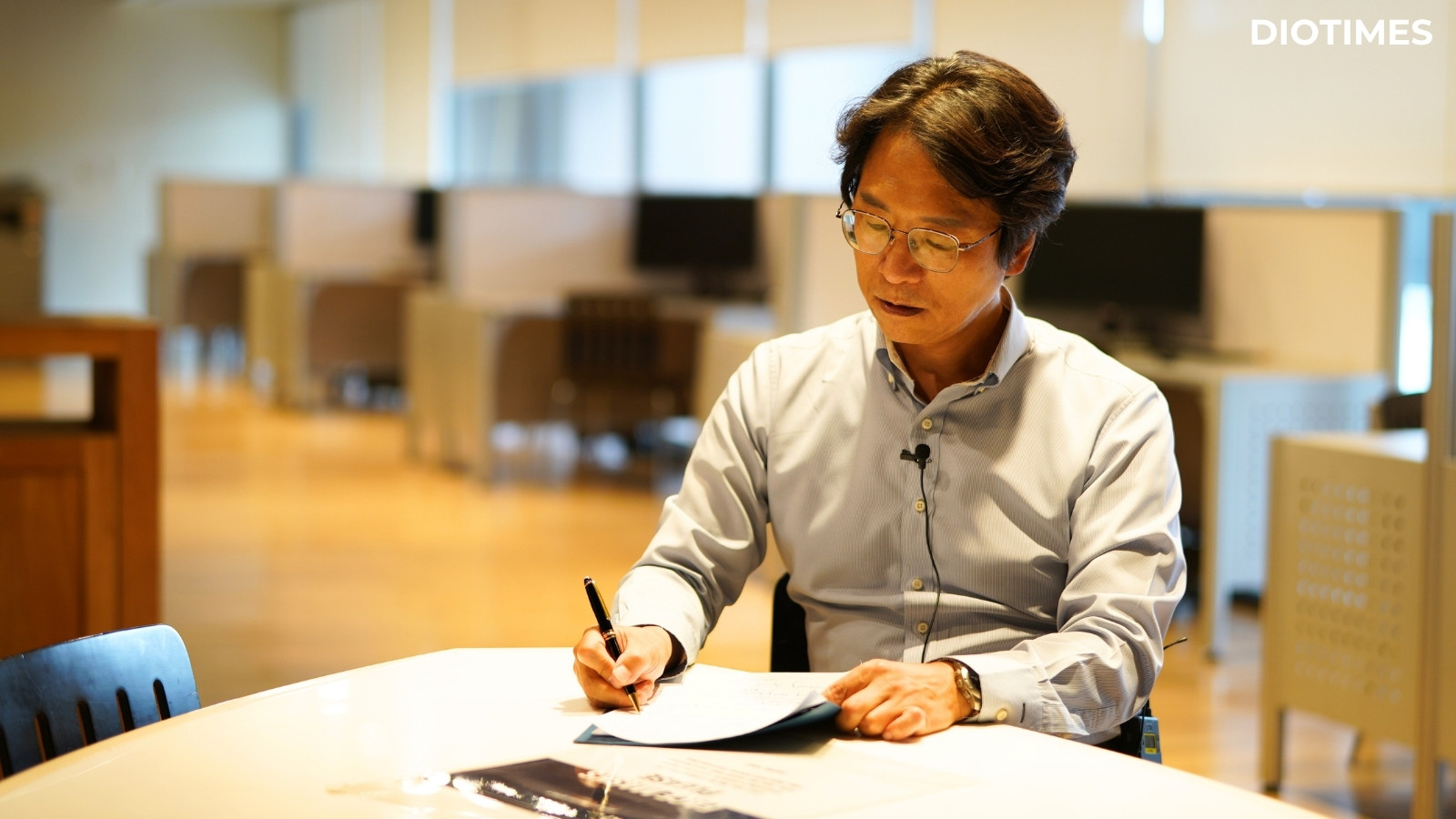
Joon-Ki Han, Dean of BIC
What are the core values or mottos that guide your life?
I always remind myself that I’ve received so much from society—and now it’s time to give back to the next generation, to the community, and to the world through my skills and experience.
I try not to forget the past and remain thankful for the present. My personal motto is Jininsadaecheonmyeong (盡人事待天命), a Korean saying meaning: “Do your best, and leave the rest to God.” I focus deeply on where I am and what I can do in the present moment. After doing my absolute best, I let go of the outcome, because that part is beyond my control.
When I hit a wall, I take a breath—and then start looking for a new path forward.
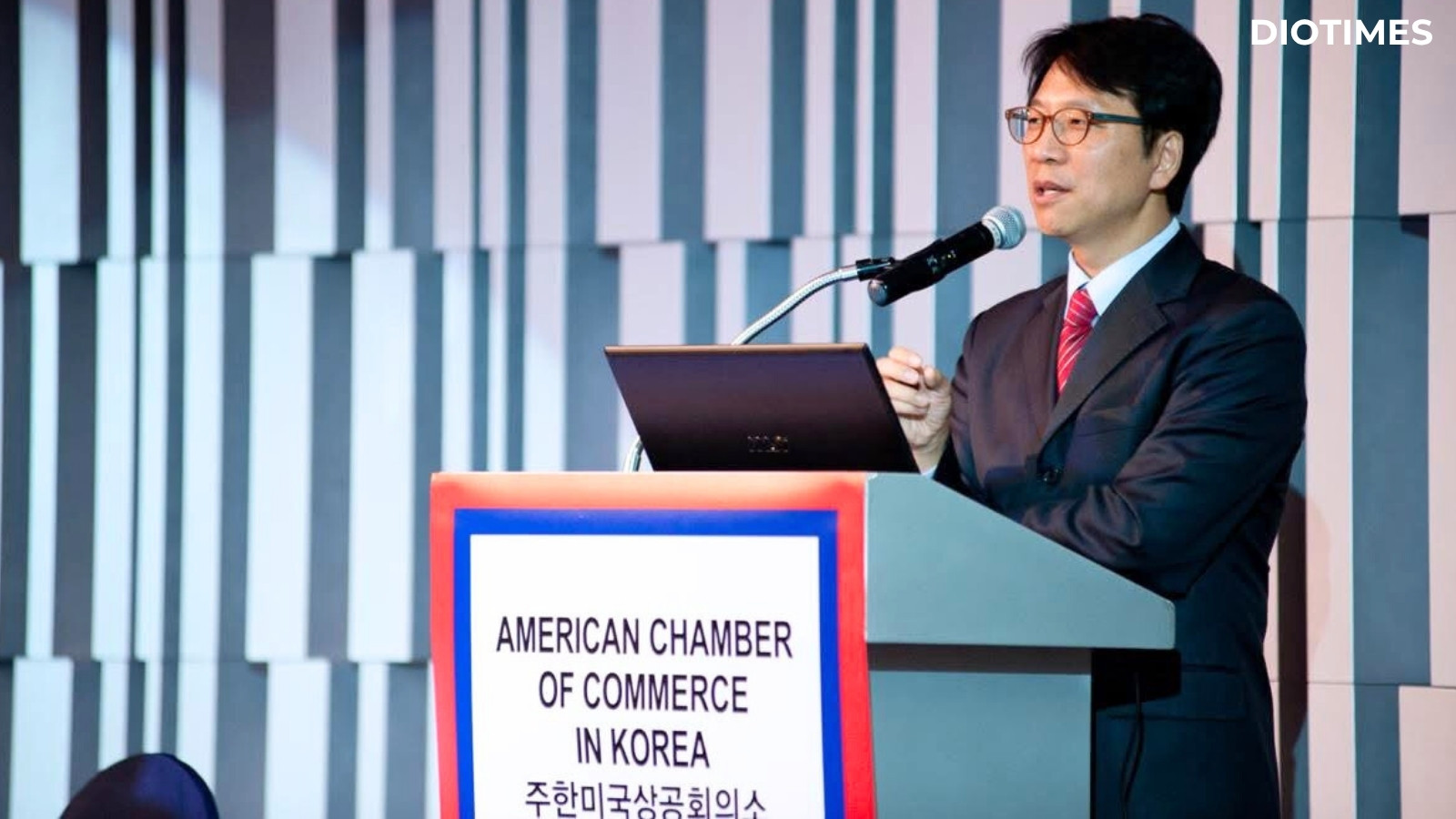
Joon-Ki Han, Dean of BIC
Lastly, do you have a message for DIOTIMES readers, global students interested in BIC, their parents, or members of the local community?
BIC is still young, and its beginning may seem modest, but it is a college with enormous potential. We’re building sustainable partnerships with universities around the world, and we’re preparing better, more tailored programs to welcome future students.
Geographically, Busan is a very attractive location. As Korea’s new administration looks to reinvigorate Busan, BIC is also preparing for a strong leap forward. We may not be perfect yet, but we are making steady progress—step by step—toward becoming an institution of excellence.
To students, parents, and community members: we sincerely ask for your interest, support, and belief in our journey.


